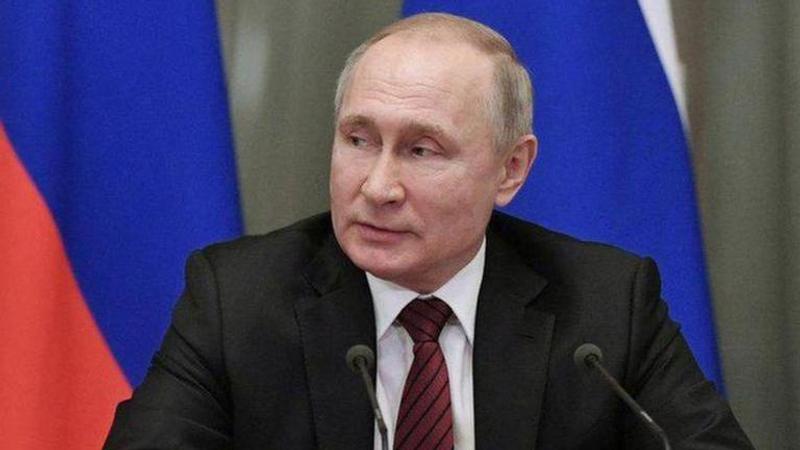Published 05:56 IST, November 13th 2020
Russia counter-sanctions European officials over Alexei Navalny poisoning case
Russia’s foreign minister on Thursday, November 12 said that Moscow has adopted sanctions against a number of German and French officials over Navalny's case

Russia’s foreign minister on Thursday, November 12 said that Moscow has adopted sanctions against a number of German and French officials as a response to the European Union’s sanctions over the poisoning of Russian opposition leader Alexei Navalny. A staunch critic of Russian President Vladimir Putin, Navalny fell sick under mysterious circumstances on a flight back to Moscow from Siberia on August 20.
Russia responds to sanctions
As per reports, EU sanctions included a travel ban and asset freezing for Alexander Bortnikov, the chief of Russia’s Federal Security Service and Sergei Kiriyenko, President Vladimir Putin’s deputy chief of staff. EU has also targeted the State Scientific Research Institute for Organic Chemistry and Technology, alleging that the institute was involved in the development and production of chemical weapons, including the nerve agent Novichok which was supposedly used to poison Navalny.
Recently, Vassily Nebenzia, Russia’s ambassador to the United Nations said that the country is ready to investigate the alleged poisoning of opposition leader Alexei Navalny, but it needs to see evidence first, which it does not have access to. Speaking to Sputnik media, the top diplomat lambasted Germany, where Navalny was treated, saying that the Angela Merkel led authorities have refused to supply the "required evidence".
Moreover, the Russian ambassador also stated a possibility of Moscow initiating a discussion on the same in the UN Security Council, but added that other UNSC members were "unlikely to find it pleasant". Nebenzia opined that although currently, the possibility of a conversation was hypothetical, Moscow was not "afraid" of anything.
Navalny was admitted to Berlin-based Charite hospital following his sudden illness. He was put into an artificial coma and was moved to Germany after much debate over his transfer, where he remained in an induced coma until September 7 when doctors treating him informed that his condition had improved.
German doctors confirmed that Navalny was poisoned with the lethal chemical agent Novichok and that traces of the former Soviet-era chemical weapon was found in his blood. In subsequent developments, Navalny's team had said that the politician was poisoned at his hotel room before leaving for the airport and not at the terminal as suspected earlier. They said that Navalny was possibly poisoned through drinking water as traces of Novichok have been found on the water bottles from the hotel room.
(Image Credits: AP)
Updated 05:59 IST, November 13th 2020




